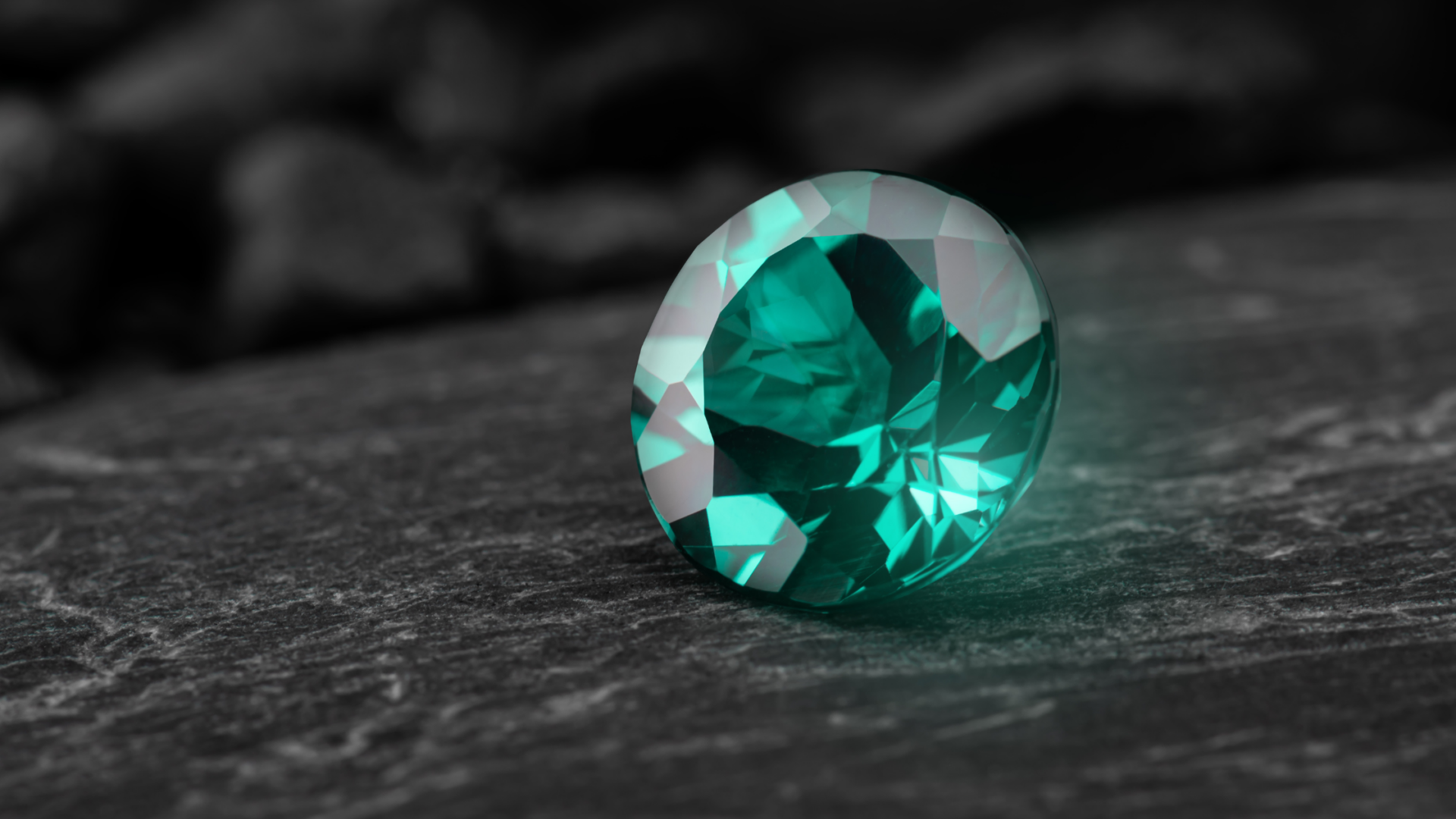latte_lover
Rough_Rock
- Joined
- Apr 25, 2009
- Messages
- 2
Hello everyone.
I got hit with a little bit of hard news this week. My finace'' found out that he has polycystic kidney disease (PKD). This is a genetic disease that runs in his family. His mother and uncle are his two closest relatives who have had it. His sister was tested and does not have it, but my finance'' does.
Basically, this disease progresses very slowly and does not take full effect until your mid-40''s to 50''s at which point, you lose kidney function, and are forced to undergo dialysis until you can receive a kidney transplant. There is no other treatment for it and no way to slow the progression. Both his mother and his uncle have had successful kidney transplants but they had to sacrifice a lot while undergoing dialysis.
His mother didn''t know she had the disease until after her first child (my fiance''s sister). I think she knew when she was pregnant with my fiance'' but decided to have him anyways. The risk of passing it to your children is 50%, which is pretty high, since it''s a autosomal dominant trait, it only takes 1 bad gene to get it.
While this isn''t the worst genetic disease by any means and it is 100% treatable (although not fun at all) those with PKD do have a somewhat decreased quality of life. With end stage renal failure, you''re on many medications, undergoing about 12-15 hours per week of dialysis and on a very restricted diet (no potassium containing foods like tomatoes, potatoes, or most fruit) and fluid restriction.
My finace'' and I really want to have our own children in the future, but I would hate to knowingly put one of my children through this one day. On the other hand, I am SO thankful that my fiance''s mother decided to have him. He means the world to me and I think this had brought us even closer. She''s feeling very sad and guilty right now for knowing that she caused it.
What would you do?
I got hit with a little bit of hard news this week. My finace'' found out that he has polycystic kidney disease (PKD). This is a genetic disease that runs in his family. His mother and uncle are his two closest relatives who have had it. His sister was tested and does not have it, but my finance'' does.
Basically, this disease progresses very slowly and does not take full effect until your mid-40''s to 50''s at which point, you lose kidney function, and are forced to undergo dialysis until you can receive a kidney transplant. There is no other treatment for it and no way to slow the progression. Both his mother and his uncle have had successful kidney transplants but they had to sacrifice a lot while undergoing dialysis.
His mother didn''t know she had the disease until after her first child (my fiance''s sister). I think she knew when she was pregnant with my fiance'' but decided to have him anyways. The risk of passing it to your children is 50%, which is pretty high, since it''s a autosomal dominant trait, it only takes 1 bad gene to get it.
While this isn''t the worst genetic disease by any means and it is 100% treatable (although not fun at all) those with PKD do have a somewhat decreased quality of life. With end stage renal failure, you''re on many medications, undergoing about 12-15 hours per week of dialysis and on a very restricted diet (no potassium containing foods like tomatoes, potatoes, or most fruit) and fluid restriction.
My finace'' and I really want to have our own children in the future, but I would hate to knowingly put one of my children through this one day. On the other hand, I am SO thankful that my fiance''s mother decided to have him. He means the world to me and I think this had brought us even closer. She''s feeling very sad and guilty right now for knowing that she caused it.
What would you do?




300x240.png)